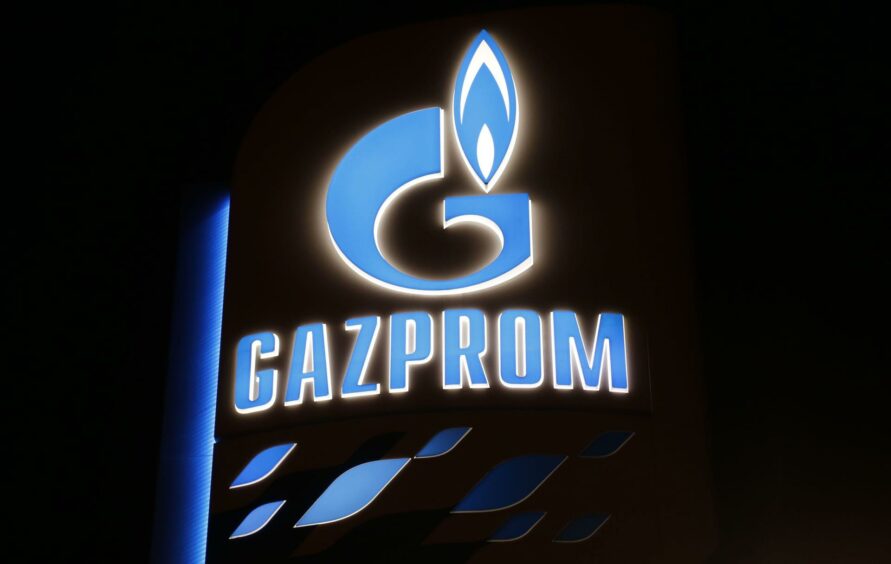
Russia’s Gazprom PJSC said it has halted gas flows to Poland and Bulgaria and will keep the supplies turned off until the two countries agree to Moscow’s demand to pay for the crucial fuel in rubles.
European gas prices surged more than 20% on the sudden escalation in the standoff between Russia and Europe over energy supplies and the war in Ukraine.
Moscow is making good on a threat to halt gas flows to countries that refuse President Vladimir Putin’s new demand to pay for the fuel in rubles. The question now is which countries will be hit next.
The European Union has rejected the move in principle but now that payment deadlines are starting to fall due, governments across Europe need to decide whether to accept Putin’s terms or lose crucial supplies — and face the prospect of energy rationing.
There’s been no comment from major European capitals yet. The bloc had appeared to indicate last week a possible compromise solution that would allow the gas to keep flowing. But the move against EU members Poland and Bulgaria probably makes a fix harder to achieve. Germany is massively dependent on Russian gas and has raised the prospect of rationing fuel to its giant economy if flows are cut.
Putin’s gambit also removes from the EU’s potential toolkit the option of sanctioning Russian gas. European ambassadors meet on Wednesday and options to ban oil are expected to be discussed.
The first ruble payments are due in late April and May, though companies’ individual payment schedules have not been disclosed. Polish news outlet Onet.pl reported earlier that the deadline for Poland’s main gas company PGNiG fell on Friday, and Gazprom said on Tuesday the payment was due immediately.
Other companies have more time and European governments and executives are in many cases still trying to figure out how best to respond. The EU last week suggested that companies continue to pay in euros, and seek possible exemptions from Moscow to the decree.
The decree demands companies set up two accounts, one in a foreign currency and one in rubles, with Gazprombank. The Russian bank would convert the foreign currency payments into rubles before transferring the payment to Gazprom PJSC, the state-owned gas company.
Benchmark Dutch futures soared as much as 24% to 127.50 euros per megawatt-hour, the highest level since April 1. They traded 13% higher at 8 a.m. in London.
Transit Warning
Gazprom also warned Poland and Bulgaria — which are both transit countries for Russian gas — that if they syphon off gas that’s meant for other destinations then the company will reduce transit flows.
This is the first cut-off to Europe since disputes on gas prices between Russia and Ukraine in 2006 and 2009 led to disruptions in onward supplies to European nations. The second disruption, in the freezing winter of 2009, lasted almost two weeks and halted all gas transit to the EU via Ukraine, leading to a scramble for supply. Slovakia and some Balkan countries had to ration gas, shut factories and cut power supplies.
Poland has said it has enough gas in storage and that consumers won’t feel the hit. Bulgaria has secured supplies for “at least a month,” Energy Minister Alexander Nikolov told reporters in Sofia.
“It’s clear that at the moment the natural gas is used more as a political and economic weapon in the current war, and not in the context of legal-commercial relations,” Nikolov said.